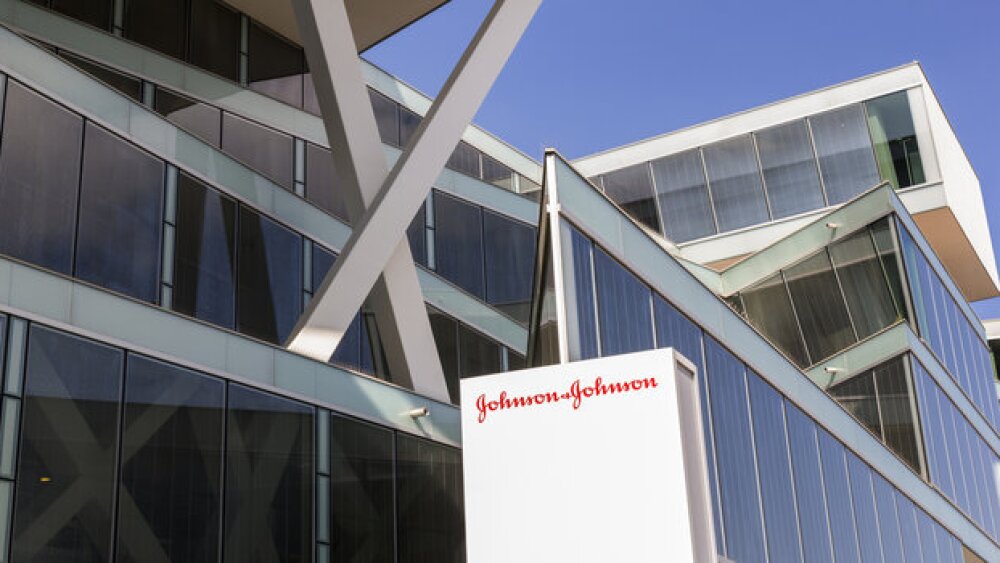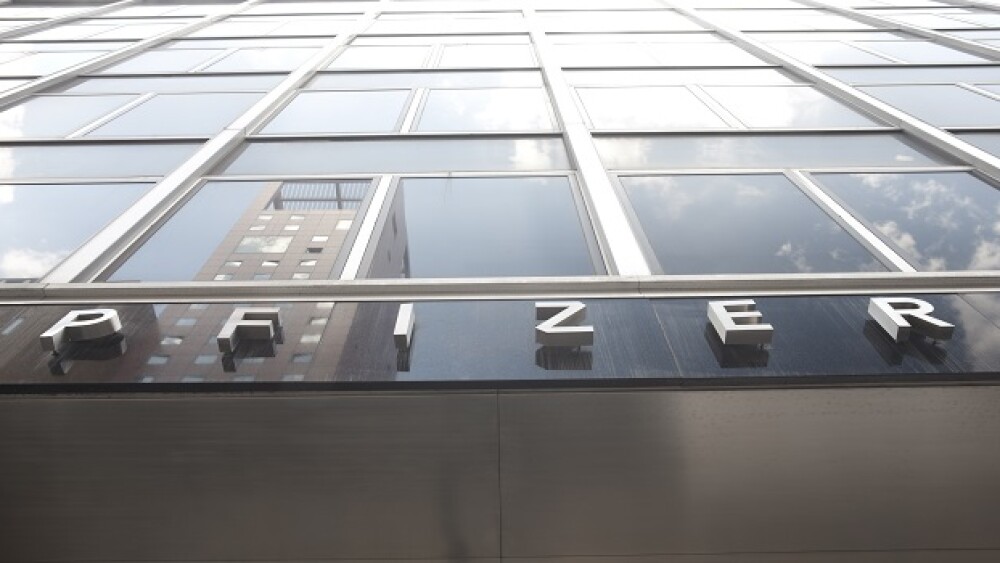Nick is a freelance writer who has been reporting on the global life sciences industry since 2008. With a BSc in biology, Nick writes about the science and business of biopharma and medtech for numerous healthcare publications. He can be reached at nick.paul.taylor@gmail.com or on LinkedIn.
















